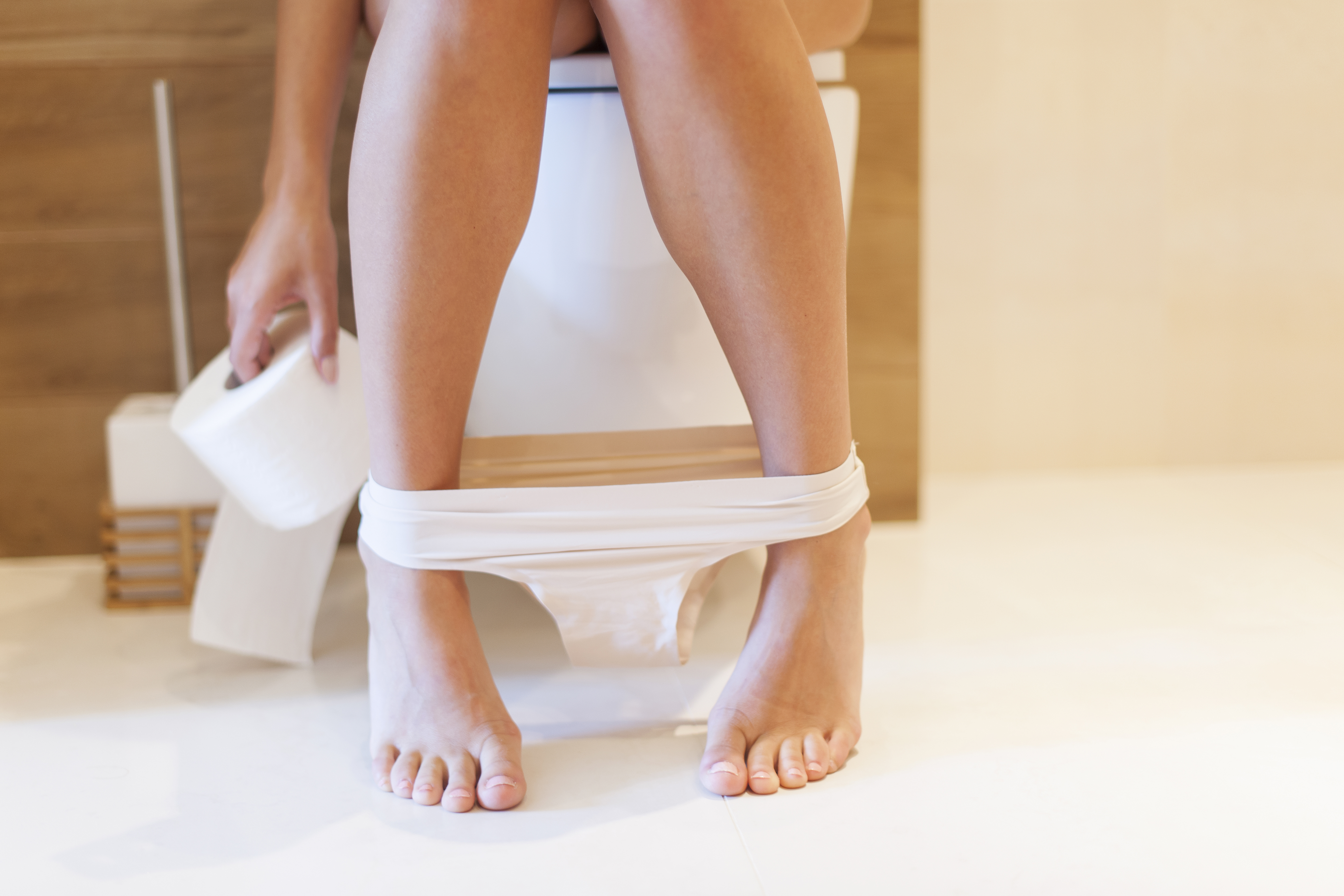Unbelievably, the condition of your toilet bowl can provide important information about your general health. Even though it’s not the most glamorous subject, your stool’s color, shape, and consistency can provide important information about your health. We’ll look more closely at your toilet habits in this blog and discuss why it’s important to pay attention to them.
Color Matters: The color of your stool can be an indicator of various health conditions. A healthy bowel movement should typically be a shade of brown, ranging from light to dark. Pale or clay-colored stools might signal issues with your liver or gallbladder, while dark or black stools may indicate bleeding in the upper digestive tract.
The Ideal Shape: Ideally, your stool should resemble a smooth, soft sausage with defined edges. This “S” shape is a sign of a healthy colon. On the other hand, small, hard, or pellet-like stools could be a sign of constipation, while loose, watery stools may suggest diarrhea or an infection.
Consistency Counts: The consistency of your stool can provide further insights into your digestive health. The Bristol Stool Chart categorizes stool into seven types, with Type 4 being the ideal “like a sausage or snake, smooth and soft.” Types 1 and 2 indicate constipation, while Types 5 to 7 suggest diarrhea.
Frequency and Regularity: Understanding your bowel movement frequency is essential. While everyone’s schedule can vary, having regular bowel movements generally indicates a well-functioning digestive system. Significant changes in frequency might be worth discussing with a healthcare professional.
Red Flags: Keep an eye out for red flags in your stool, such as bright red blood, which might indicate hemorrhoids or anal fissures, and seek medical attention if you notice any persistent issues.
Take a quick look at what your toilet is telling you the next time you’re in the bathroom. Even though it may not be the most glamorous component of self-care, keeping an eye on your bowel movements can give you important information about the condition of your digestive system. Although sporadic changes in stool appearance can be normal, it is best to seek medical advice if you observe any persistent or alarming changes.
Steps to maintain digestive health include eating a balanced diet, drinking plenty of water, and exercising frequently. Regular check-ups with your doctor will also guarantee that any prospective health issues are handled right away. So embrace the power of observation and use your toilet as a helpful tool to monitor your general health.
Image by gpointstudio on Freepik

Leave a Reply